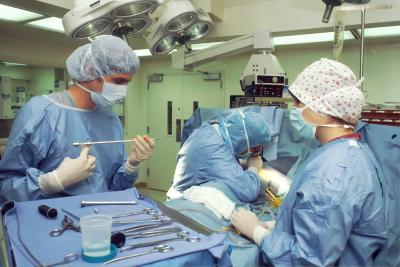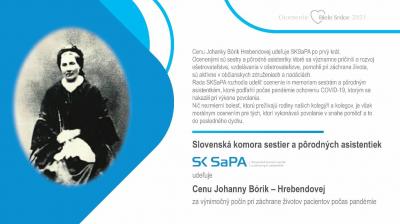School nurse as a part of community care in the system of schools: narrative literary review
Abstrakt:
Úvod: V školskom a zdravotníckom systéme v Slovenskej republike absentoval odborník z komunitnej ošetrovateľskej starostlivosti so zameraním na starostlivosť o zdravie žiakov a na prostredie škôl. Novela školského zákona a zákona SR č. 576/2004 Z.z. o zdravotnej starostlivosti, službách súvisiacich s poskytovaním zdravotnej starostlivosti a o zmene a doplnení niektorých zákonov zavádza od septembra 2022 možnosť zamestnať v škole školskú sestru.
Ciele: Analyzovať dostupné literárne zdroje, komparovať rozsah činností a spôsoby financovania školských sestier v zahraničí. Navrhnúť prioritné oblasti implementácie postu školskej sestry v základných a stredných školách v Slovenskej republike po skončení pilotného projektu.
Metodika: Vyhľadávanie literárnych zdrojov a štúdií prebiehalo v bibliografických databázach podľa kľúčových slov. Z metodologického hľadiska bola použitá kvalitatívna výskumná metóda-obsahová analýza dokumentov - naratívne literárne review.
Výsledky: Uskutočnili sme obsahovú analýzu 22 zdrojov publikovaných v rokoch 2008-2020. Štruktúra školského ošetrovateľstva sa v jednotlivých krajinách líši. Pozitíva a prínosy práce školskej sestry nachádzame najmä v Poľsku, Francúzsku, Fínsku a Veľkej Británii. Finančné náklady na školskú zdravotnú starostlivosť sa pohybovali od 43000 EUR až po 195300 EUR na tisíc žiakov ročne. Personálne normatívy školských sestier boli v priemere 1,4 sestier na tisíc žiakov.
Záver: Naliehavosť zriadenia pozície školskej sestry vo vzdelávacích inštitúciách je v súčasnosti zvýraznená nárastom počtu detí s diabetom, epilepsiou, obezitou, poruchami učenia, poruchami pozornosti s hyperaktivitou, ďalšími civilizačnými chorobami spôsobenými nesprávnym životným štýlom.
Kľúčové slová: Komunitná ošetrovateľská starostlivosť. Školská sestra. Školské ošetrovateľstvo. Základné a stredné školy.
Abstract:
Introduction: In the school and health care system in the Slovak Republic lacked an expert in the field of community nursing care with a focus on caring for the health of students, schoolchildren and the school environment. An amendment to the Education Act and Act 576/2004 introduces the possibility to employ a school nurse in the school from September 2022.
Objectives: To analyze the available literary sources, to compare the scope of practise and ways of financing school nurses in abroad. To propose priority areas for the implementation of the post of school nurse in primary and secondary schools in the Slovak Republic after the end of the pilot project.
Methods: The search for literary sources and studies took place in bibliographic databases by keywords. From a methodological point of view, a qualitative research method-content analysis of documents - literary review - was used.
Results: We conducted a content analysis of 22 sources published in 2008-2020. The structure of school nursing varies between countries. The positives and benefits of the school nurse's work are mainly found in Poland, France, Finland and Great Britain. The financial costs of school health care ranged from EUR 43,000 to EUR 195,300 per thousand pupils per year. The personnel standards of school nurses were on average 1.4 nurses per thousand pupils.
Conclusion: The urgency of establishing a school nurse position in educational institutions is currently highlighted by the increase in the number of children with diabetes, epilepsy, obesity, learning disabilities, attention deficit hyperactivity disorder, and other civilizational diseases caused by the wrong lifestyle.
The presented specialization work will be used as a study material for students of nursing at universities.
Key words: Community nursing care. School nurse. Primary and secondary schools.
























